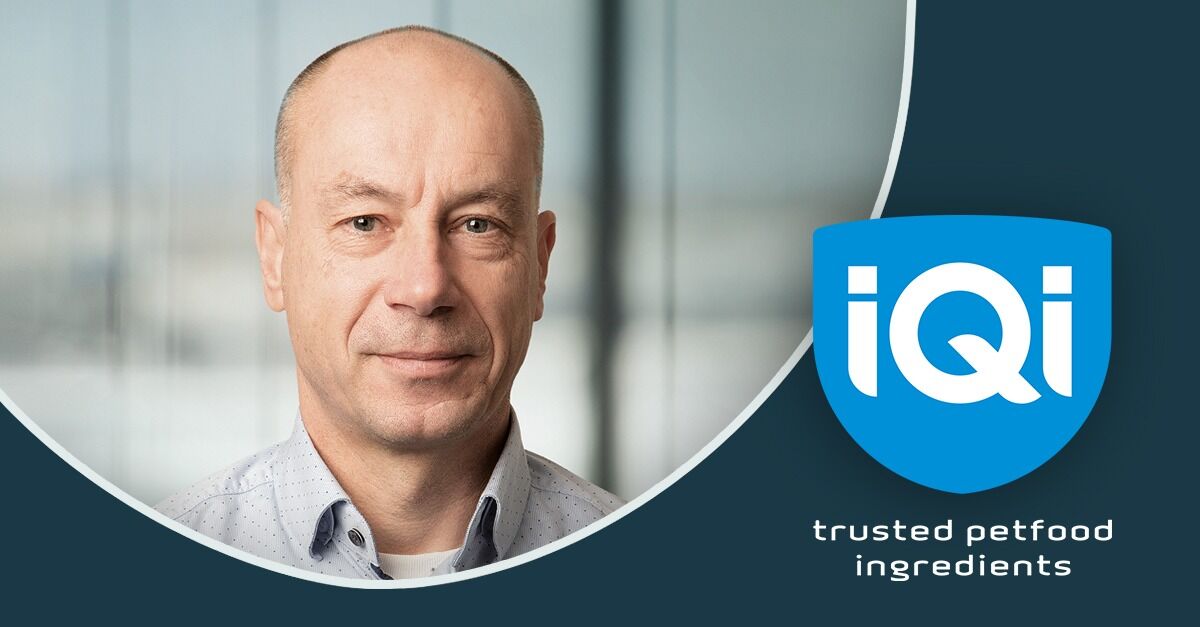

Your region has been set to
Change region
Close


Your region has been set to
Change region
Close



May 25 2021 - News

In their June issue, Petfood Pro Technology & Marketing magazine has published an article by Geert van der Velden, IQI Trusted Petfood Ingredients’ Innovation Manager, on the importance of EPA and DHA long-chain omega-3 fatty acids for pet health and well-being. He states that while omega-3 fatty acids are generally acknowledged to be essential for cats and dogs, the specific benefits of EPA and DHA have not yet been fully embraced by the pet food industry.
In his article, Geert van der Velden explains why pet food needs certain inclusion levels of EPA and DHA in order to achieve full health benefits. There are three types of omega-3 fatty acid involved in the physiology of mammals: the short-chain alpha-linolenic acid (ALA) and the long-chain eicosapentaenoic acid (EPA) and docosahexaenoic acid (DHA). Of the three different types, only EPA and DHA are directly effective and need to be obtained through diet.
To achieve full health benefits of omega-3, pet food needs certain inclusion levels of EPA and DHA long-chain fatty acids. Realizing this requires careful consideration to find an effective, efficient, economical, and sustainable source of these long-chain omega-3 fatty acids to meet increasing global demand. EPA and DHA are mostly found in specific pet food ingredients, such as fish oil, salmon oil, algae DHA or full-fat krill meal.
Do you want the full story? Read the full article in Petfood PRO magazine.
You can also schedule an online meeting with Geert van der Velden for more information on the different sources of omega-3 for pet food applications.
Or download one of our white papers on high omega-3 fish oil, algae DHA or full-fat krill meal.